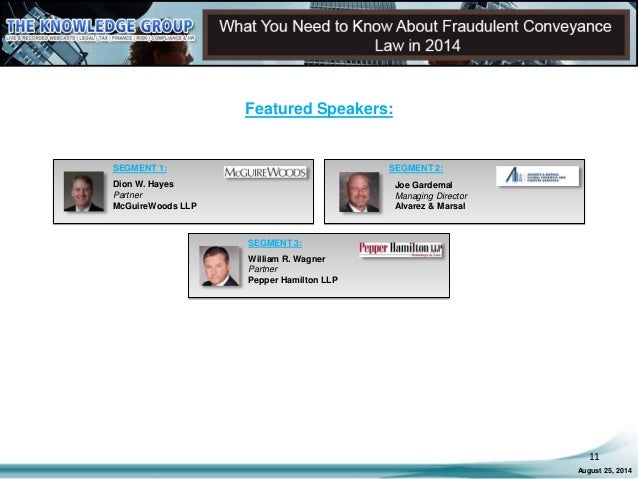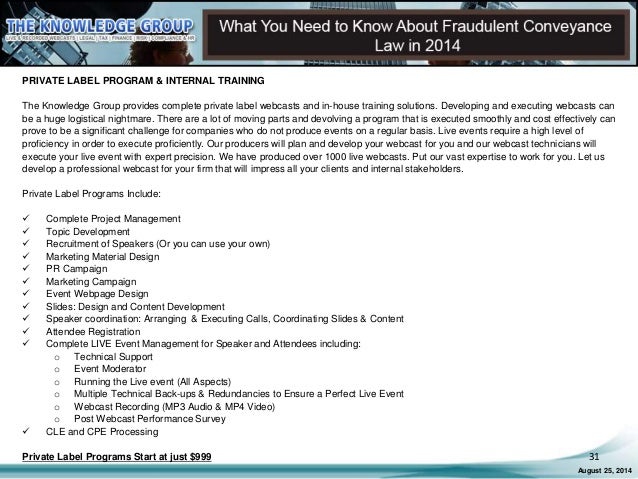

The bankruptcy case then follows “a somewhat tortured path,” involving a court-approved settlement of the fraudulent transfer claim, the grant of a discharge to debtor, and considerable litigation over the legal effects of such events, which result “in a great deal of confusion.” However, the Court determines that the trustee’s settlement prevents further action by the mother-in-law: “reditors do not regain the right to sue unless the trustee abandons the claim or he no longer has a viable cause of action because, for example, the statute of limitations has run.” Appeal to Second Circuit Then the former mother-in-law sues her for wrongful death, and the murderer files Chapter 7 bankruptcy. After her conviction for felony murder, she transfers her interest in real estate to her parents. Accordingly, the court rules: “The trustee’s exclusive right to maintain a fraudulent conveyance action expires and creditors may step in (or resume actions) when the trustee no longer has a viable cause of action.” Third case – A murderer: Levinson’s bankruptcy trustee does not pursue any fraudulent conveyance claim. Levinson files bankruptcy but does not receive a discharge of Plaintiff’s claim. The Defendant embezzeles money, and Plaintiff sues. The court rules that, once the trustee’s claim is prohibited by expiration of the statute of limitations, a creditor “regains standing to pursue a state law fraudulent conveyance action, in its own name and for its own benefits.” Second case – An embezzler: In this Chapter 7 case the trustee files a fraudulent transfer action after expiration of the Bankruptcy Code’s two-year statute of limitations.

First case – A farm equipment dealership: The District Court cites three cases to support its answer. In re Tribune Company Fraudulent Conveyance Litigation, Multidistrict Litigation No. “Because creditors’ avoidance claims are not property of the estate, the trustee has a limited time in which to bring them,” and “when the two-year limitation on trustee avoidance claims expires, the claims automatically revert” to creditors.

District Court is this: the fraudulent transfer claims “automatically revert” to creditors, who may then pursue those claims in state court. The Bankruptcy Code’s two-year statute of limitations expires, without any effort to pursue the fraudulent transfer claim.Ī Question: What happens to the fraudulent transfer claims in these hypotheticals after expiration of the two-year statute of limitations? U.S. The Chapter 11 debtor continues in possession, without appointment of an official committee. Second Hypothetical: Debtor makes a fraudulent transfer shortly before filing Chapter 11 bankruptcy. The Chapter 7 Trustee refuses to pursue the fraudulent transfer claim, and the Bankruptcy Code’s two-year statute of limitations expires. Swanson Two Hypotheticals and a Question:įirst Hypothetical: Debtor makes a fraudulent transfer shortly before filing Chapter 7 bankruptcy.


 0 kommentar(er)
0 kommentar(er)
